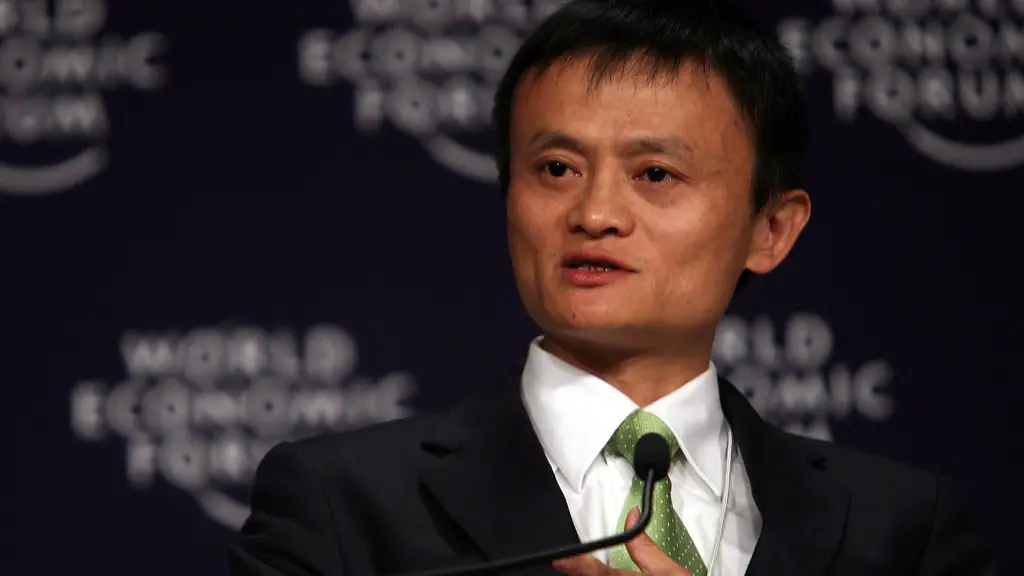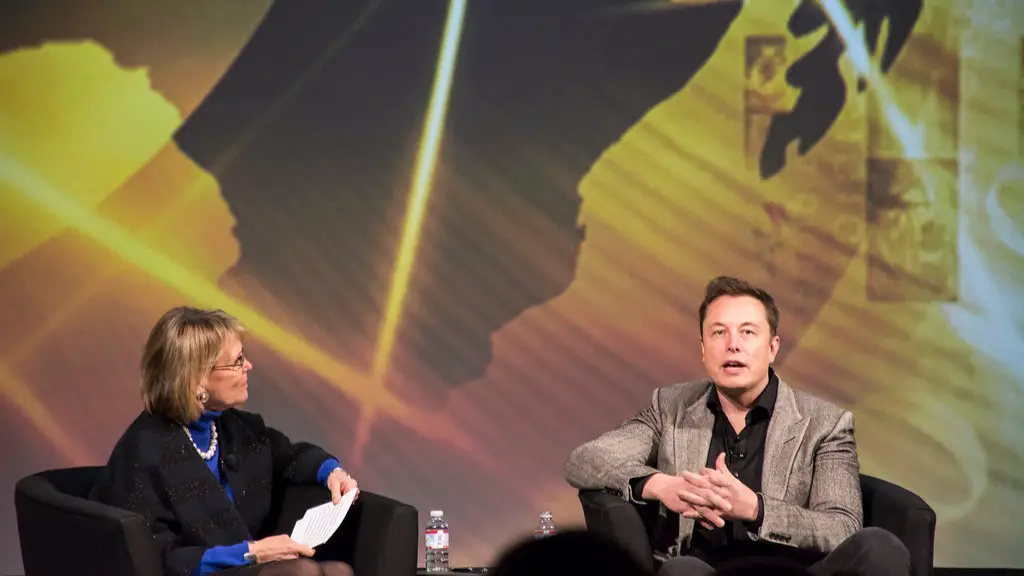What led Mark Zuckerberg to testify
Mark Zuckerberg, Facebook’s chief executive and co-founder, made headlines around the world when he appeared before two congressional hearings in April 2018 — the first public session for the tech tycoon since Facebook went public six years prior. As Facebook’s user base has grown to more than two billion people worldwide, its power and influence in the world of tech and politics has grown significantly. Questions about privacy, data harvesting, misinformation and the spread of “fake news” have dogged Facebook since the 2016 presidential election and ultimately led to the hearings where Zuckerberg was put on the hot seat.
Zuckerberg was called to testify about Facebook’s past missteps, such as its failure to properly secure user data and stop dissemination of fake news by foreign actors like the Russians. He was also asked to address concerns raised by lawmakers over the company’s platform, which is blamed for a wide range of issues like polarizing society, influencing elections, and promoting dangerous conspiracy theories. These matters have been brought to the attention of lawmakers and the public recently, prompting the hearings with Zuckerberg.
The hearings raised awareness of the need to address Facebook’s corporate and social responsibility, an area which had previously been neglected by the company. Zuckerberg was pressed on topics such as user privacy, data collection and free movement of data across borders, as well as the company’s efforts to combat misinformation and fake news. Zuckerberg was also asked about Facebook’s ability to prevent foreign election interference and how the platform would be regulated in the future.
The hearings triggered a media frenzy and the world watched as Zuckerberg testified. He was grilled on how Facebook safeguards user data and how it works to protect the public from foreign interference. He was also asked what measures the company has taken to ensure that user data remains secure and that people’s privacy is not violated. Zuckerberg was also asked to explain what type of regulations need to be implemented in order to protect users and their data.
Technical Challenges at Facebook
Facebook faces a number of technical challenges when it comes to dealing with the vast amount of data it has been collecting. Facebook collects data not only from its own users, but also from users who are not registered with its platform. This raises questions about privacy and data security. Zuckerberg was asked to explain how the company protects user data and how it makes sure that data is not shared without consent.
The company’s algorithms have been criticized by experts for not being able to detect and prevent the spread of false information or “fake news”. Facebook has come under intense scrutiny for its role in amplifying misinformation and shaping public opinion. During his testimony, Zuckerberg was asked to explain how the company’s algorithms work and how it plans to address the issue of false information.
Facebook has also been criticized for its lack of transparency and its alleged manipulation of political discourse. Reports have surfaced suggesting the platform may have been used to influence public opinion in favour of certain candidates in elections. Zuckerberg was asked to explain the steps Facebook is taking to make sure its platform is not being used to shape political discourse.
Facebook has also been accused of being a monopoly. The company’s immense user base as well as its acquisition of popular apps like Instagram, WhatsApp and Oculus are seen by critics as monopolistic practices. Zuckerberg was asked to explain the steps Facebook is taking to prevent these practices in the future.
Regulatory and Ethical Strategies Implemented by Facebook
In response to the revelations uncovered during the congressional hearings, Facebook announced a suite of new initiatives to better protect user data and prevent foreign interference. These include appointing an independent agency to audit any third-party app which requests access to user data, as well as increasing transparency in political advertising by requiring advertisers to disclose who is behind the ad campaign.
Facebook also announced that it would be implementing new rules and regulations to prevent the dissemination of false information, requiring the company to monitor for changing trends and conduct regular fact-checking of content. These rules would apply equally to all users, regardless of where they are based in the world. Facebook also created a new system, the “Safety Check”, which allows users to anonymously submit tips relating to cyberbullying and other inappropriate behaviour.
The company also launched a series of projects aimed at tackling the spread of information on its platform and empowering its users to filter out fake news. This includes a “News Quality” project which allows users to flag suspicious content and provide feedback on its accuracy. In addition, the company has created a “Trust Indicators” feature, which provides users with additional information about the source of news items in order to help them judge their accuracy.
Facebook has also taken steps to address its role in regulating speech on its platform. The company announced that it would be taking a hands-off approach to content moderation and actively encouraging open debate. Facebook stated that while it would take action if content is found to be dangerous or misleading, it would not be interfering in speech which it considered “legitimate”.
The Social and Political Impact of Zuckerberg’s Testimony
It is clear that Mark Zuckerberg’s testimony had a significant impact on the public’s perception of the tech giant, as well as its role in the world of tech and politics. The hearings raised important questions about Facebook’s data-handling practices, political bias, and the need for increased regulation of the company. While Zuckerberg’s performance at the hearings was seen as lacklustre at best, it was a wake-up call about the need for greater oversight and regulation of the tech sector.
The hearings also highlighted the power of citizens in holding powerful companies to account. It showed that politicians could no longer ignore the issue of tech companies and their data-handling practices, and that citizens were increasingly taking an active role in scrutinizing these companies. Furthermore, it showed how the public was increasingly aware of the potential for tech companies to have a major impact on our societies and democracies.
The hearings also raised important questions about the need for governments and policymakers to regulate the tech industry in a way that is both effective and can protect citizen’s rights. It is clear that the current system of self-regulation is inadequate, and that greater oversight is required in order to ensure privacy and data security is respected by tech companies. It will be interesting to see what regulatory initiatives are taken in the wake of Mark Zuckerberg’s testimony.
The Impact to Advertising and Data Practices
The hearings also had an impact on the world of advertising and data practices. Companies such as Facebook and Google have come under increased scrutiny for their data-collection practices and their use of this data to target specific groups of people. In response to this, companies have had to rethink their data-practices and become more transparent about how they are using data. Companies are now being required to be more transparent about how they are collecting, storing, and using consumer data.
As a result of this increased scrutiny, companies are now taking steps to be more mindful of consumer privacy and how their data is used. This includes introducing features to allow users to better manage their data experience and introducing more stringent policies around the types of data that companies can collect and store. Companies have also been taking steps to make sure their data is kept secure and to ensure that it is not being used inappropriately.
The hearings have also led to an increased awareness of the power of tech companies and their impact on our lives. As a result, people are more aware of their rights and are now more likely to question the practices of tech companies and demand that they are held accountable. This has also led to an increase in public debate about regulation of the tech industry and the need for governments to step in to protect consumers and ensure the industry is held to account.
Implications for Business Practices
The hearings have also led to changes in the way tech companies operate. It has highlighted the need for companies to be more conscious about the impact of their practices and to ensure that user data is handled in a responsible and secure way. Companies are now required to be more transparent about how they are using data, and in some cases are being asked to delete or revise data that it has collected. Companies are being held to higher standards and must ensure that their data-practices are in line with the law.
The hearings have also raised questions about the responsibility of tech companies to prevent and address misuse of their platforms by malicious actors. Companies such as Facebook have come under fire for failing to properly monitor their platforms and adequately address false information and other forms of misuse. This has prompted greater scrutiny of the way tech companies use their platforms, leading to changes in their policies and practices around content moderation, data collection and user privacy.
The hearings have also shown that tech companies are now beginning to take responsibility for their actions and the impact that their products and services are having on society. Companies are now being asked to think about the potential consequences of their actions on society and the way their products and services can be used for good or for harm.
The Future of Tech Regulation
The hearings have helped to spark a wider debate about the need to regulate the tech industry, and the future of tech regulation. Policymakers have recognized the need to step in and create a framework that protects citizens and deals with the misuse of technology. There has been increased discussion around the need for governments to regulate tech companies, as well as the potential for industry self-regulation. In the US, Congress has held hearings on potential legislation to regulate tech companies, which may shape how the tech industry is regulated in the future.
At the same time, industry bodies such as the Internet Association have put forward their own initiatives for regulating the tech industry, such as self-regulatory codes and best practices. These initiatives are aimed at ensuring that the industry is held to high standards and is taking appropriate steps to protect users and ensure their data is secure. It is likely that the tech industry and governments will continue to negotiate over the best way to regulate the industry, as this debate advances.
The hearings and increased public scrutiny of the tech industry have also led to changes in the way companies approach their products and services. Companies are now more mindful of their impact and the consequences of their actions, leading to changes in their products, services, and data handling practices. This shift has been reflected in the way companies communicate and behave in the public sphere. Companies are now more willing to be held accountable for their actions and to take responsibility for their mistakes.
Conclusion
Mark Zuckerberg’s testimony was a watershed moment for tech regulation. It highlighted the need for increased scrutiny of tech companies and the potential for misuse of their platforms. It also sparked a wider debate about the need for increased regulation of the tech industry and how to ensure user privacy and data security. The hearings have also led to a shift in the way tech companies operate, with increased transparency and improved safety protocols becoming the norm.


